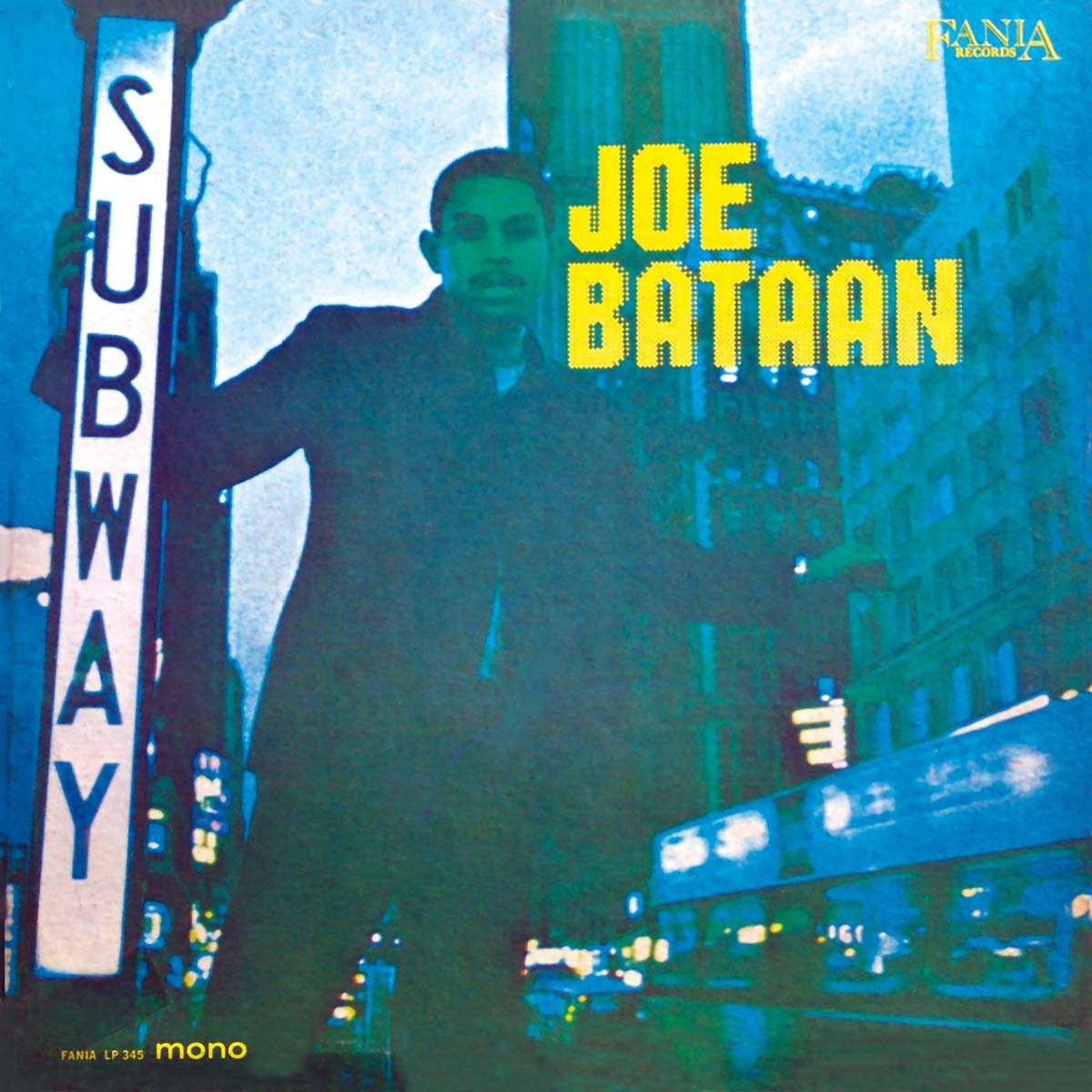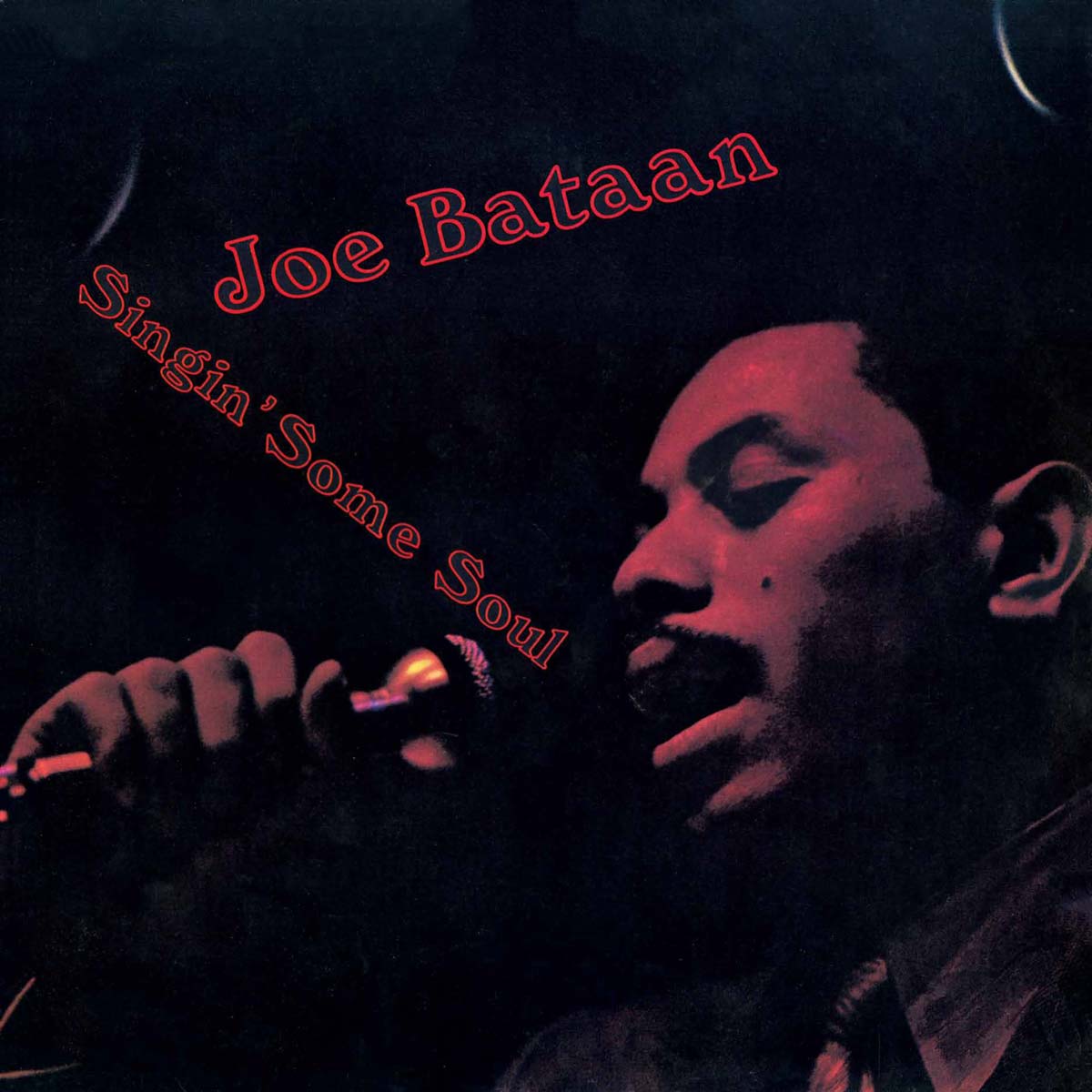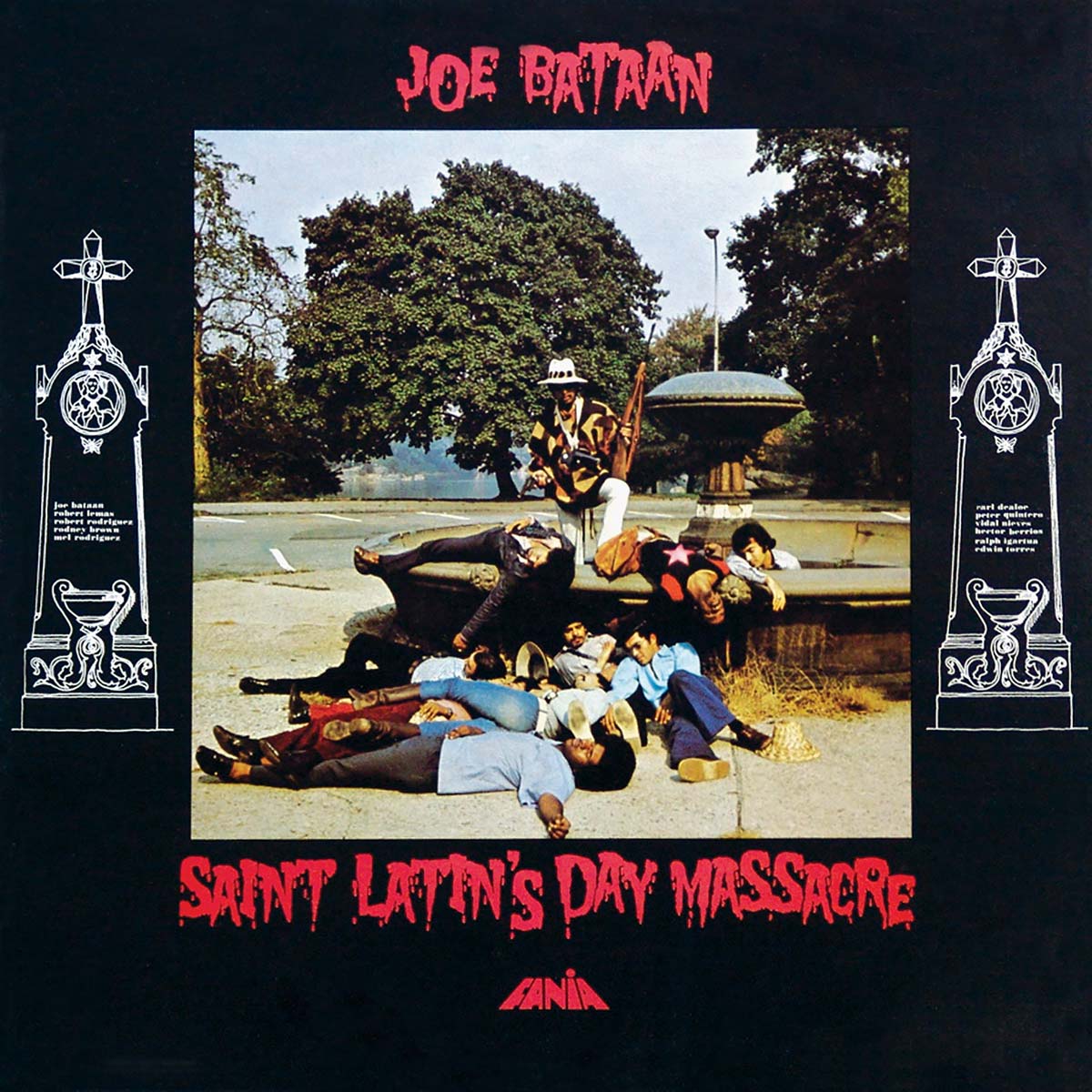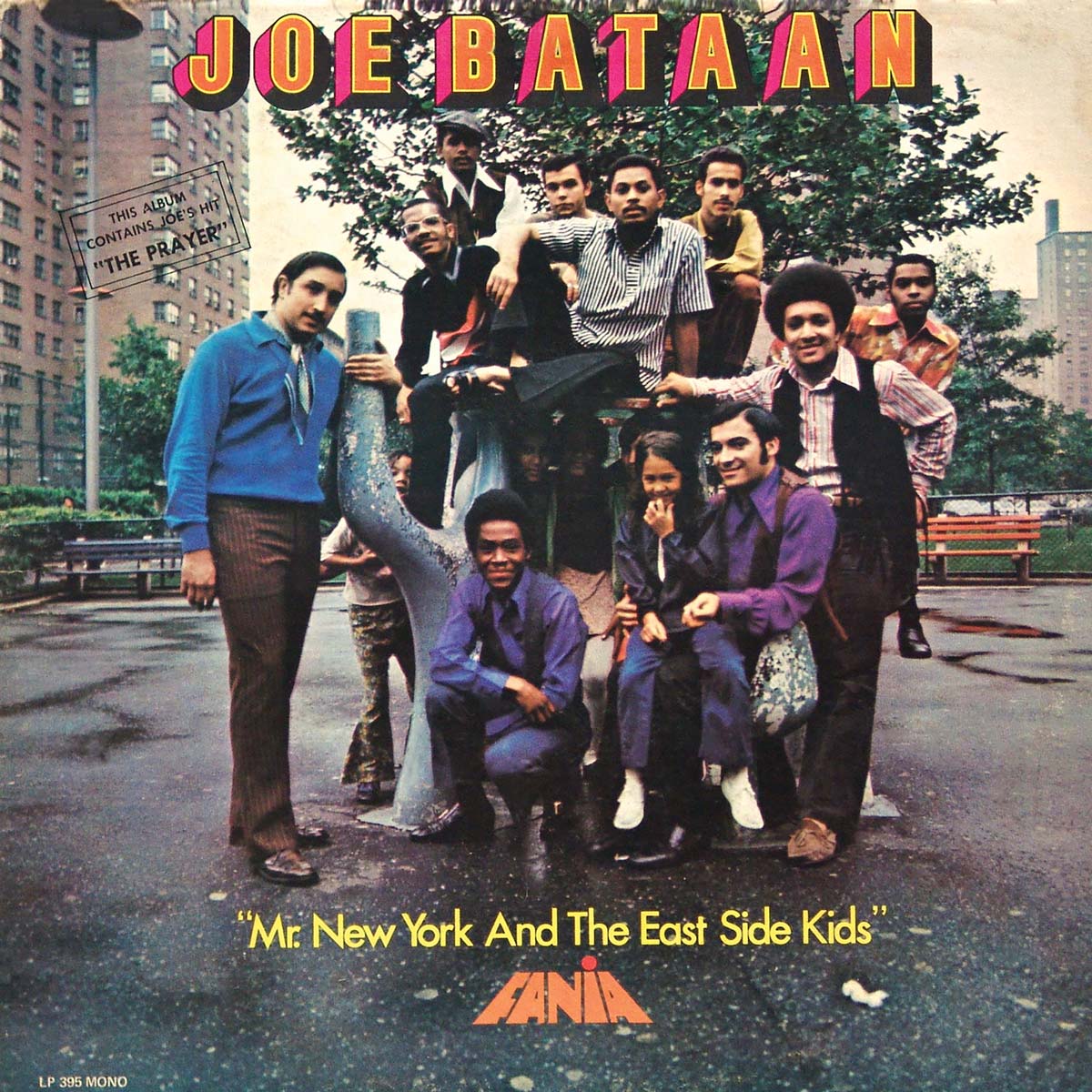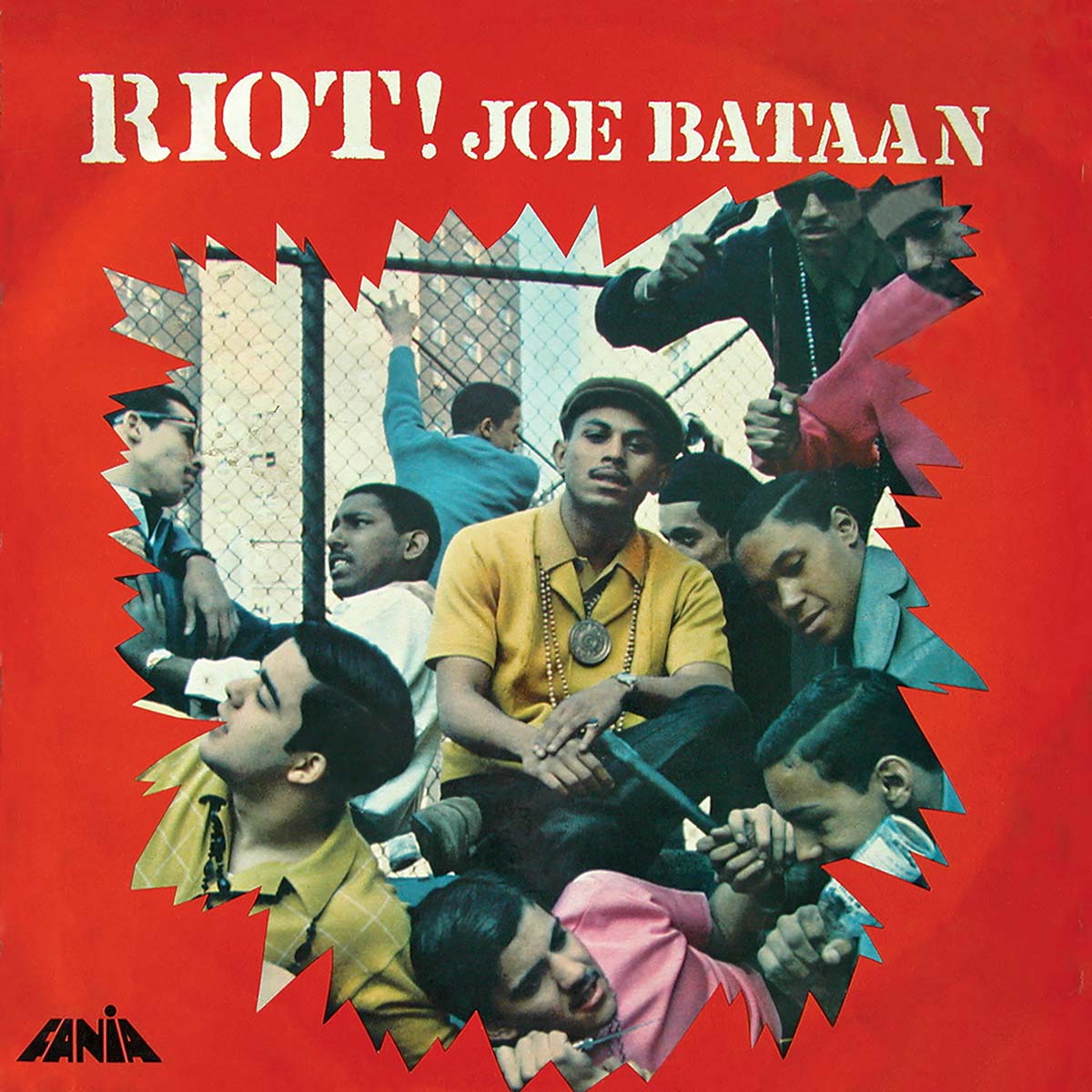
Joe Bataan’s Riot! was the biggest-selling Latin music album when it came out in 1968 – that eventful year of urban riots, political protest and cultural awakening across America. The album’s music was the sound of the times: boisterous Latin soul with its fusion of cha cha cha’s and R&B backbeats along with heartful soul crooning, big-city trombone sounds, hand-clapping and shouting crowds of folk having a great time and raising hell. Anger and ecstasy come together here – the anger over social injustice and the Vietnam War and the ecstatic joy of youth, love and that “good, good feeling.”
The title and lead song on the album, It’s a Good Feeling (Riot), was inspired by a Smokey Robinson number, which Bataan and band members made into a show-tune blending 6/8 Latin conga with rock and roll to create an unforgettable riot/party effect. The record went gold in no time, and it was the one-and-only Bataan leading the youngest band in Latin music – the Latin Swingers – to the peak of popularity.
Bataan is unique. He is, by his own words, a titere or tough guy from the streets of El Barrio, raised in New York City’s legendary Spanish Harlem, or East Harlem, or simply El Barrio, the oldest and biggest Puerto Rican neighborhood, where it all happens on the street. Bataan grew up in those “mean streets,” as in Puerto Rican writer Piri Thomas’ explosive coming-of-age novel Down These Mean Streets, which was released at the same time as Riot! and has much of the same flavor. Bataan was a gang leader who wound up doing a lot of prison time, which is where he taught himself to be a musician and bandleader. He broke into the music field with Gypsy Woman, a Latinized version of Curtis Mayfield’s huge 1961 hit with The Impressions, which became a huge hit and was forever dear to Black and Puerto Rican audiences alike. It was the boogaloo era (1966-1968) but Bataan never liked that term, preferring to use the more embracing and less gimmicky term “Latin soul.” If anyone deserves the title, Bataan is Mr. Latin Soul. He even takes credit for coining the term “salsoul,” the mix of salsa and soul so expressive of the symbiosis between Latinos and African Americans when it comes to culture and daily life.
Though he has released dozens of albums by now, and appeared in concert all over the world, the 1968 Riot! album is without a doubt Bataan’s biggest claim to fame. Bataan will tell you that it was a show-stopper wherever it played, and the album goes down as one of the biggest sellers in the history of Fania Records. The 7 ½-minute lead-in piece is that typical pastiche of many styles and feels, beginning with police sirens and people raising hell for atmosphere, and moving back and forth and constantly blending Latin and Black musical flavors in a thoroughly compatible way. For Your Love, with its trombone-harmonica interplay, is a doo-wop ballad with a Latin touch. The pervasive influence of Eddie Palmieri and his La Perfecta sound is strongly evident in the next two cuts, Muñeca and Pa’ Monte, modeled on the well-known Palmieri tunes of the same titles and even featuring La Perfecta’s Barry Rogers on his inimitable trombone. But Bataan comes into his own as a composer, singer and bandleader on side B of this album, especially in his signature tunes What Good Is a Castle and Ordinary Guy. It is these sad, slow-tempo Latin soul ballads about everyday life among poor people and those living in working-class neighborhoods that struck a chord among his prime audiences. More than anywhere in Latin music Bataan’s most characteristic hits transport us right into the life struggles and dreams of ordinary, hard-working folk in the ghetto. These songs look reality – however cruel and desolate – right in the face, and burst those illusions that only get in people’s way (“What good is a castle?”).
The most amazing thing, which Latin music fans should know, is that Bataan, the “ordinary guy” who speaks straight from the Nuyorican streets, is Afro-Filipino: his father was from the Philippines and his mother was African American. He is proud of his ethnic background, and even titled an album Bataan afrofilipino (Salsoul, 1975), but never hesitates to emphasize that his own life experience makes him, culturally, a Nuyorican.
So get ready to meet that “Afrofilipino average sort of guy,” Mr. Latin Soul – Joe Bataan and the Latin Swingers – who even today is kickin’ it in the New Millenium!
Members of the Latín Swingers:
Joe “Mr Soul” Bataan – Leader – English Vocals – Piano
Eddie Nater – Timbales
Louie Devis – Bass
Riche Cortez – Coro
Joe “Chickie” Fuentes – 1st Trombone
Ruben Hernandez – 2nd Trombone
Lorrenxo Galen – Conga
Louie Gonzalez – Spanish Vocals
Special thanks to:
Ralph Iguartua – Coro
Milton Albino – Bongo
Tito Gonzalez – Piano
Pete – Advisor
Leon Gast – Original Cover Design
Izzy Sanabria – Art Director
Johnny Pacheco – Recording Director
Jerry Masucci – Producer
Written by Juan Flores


